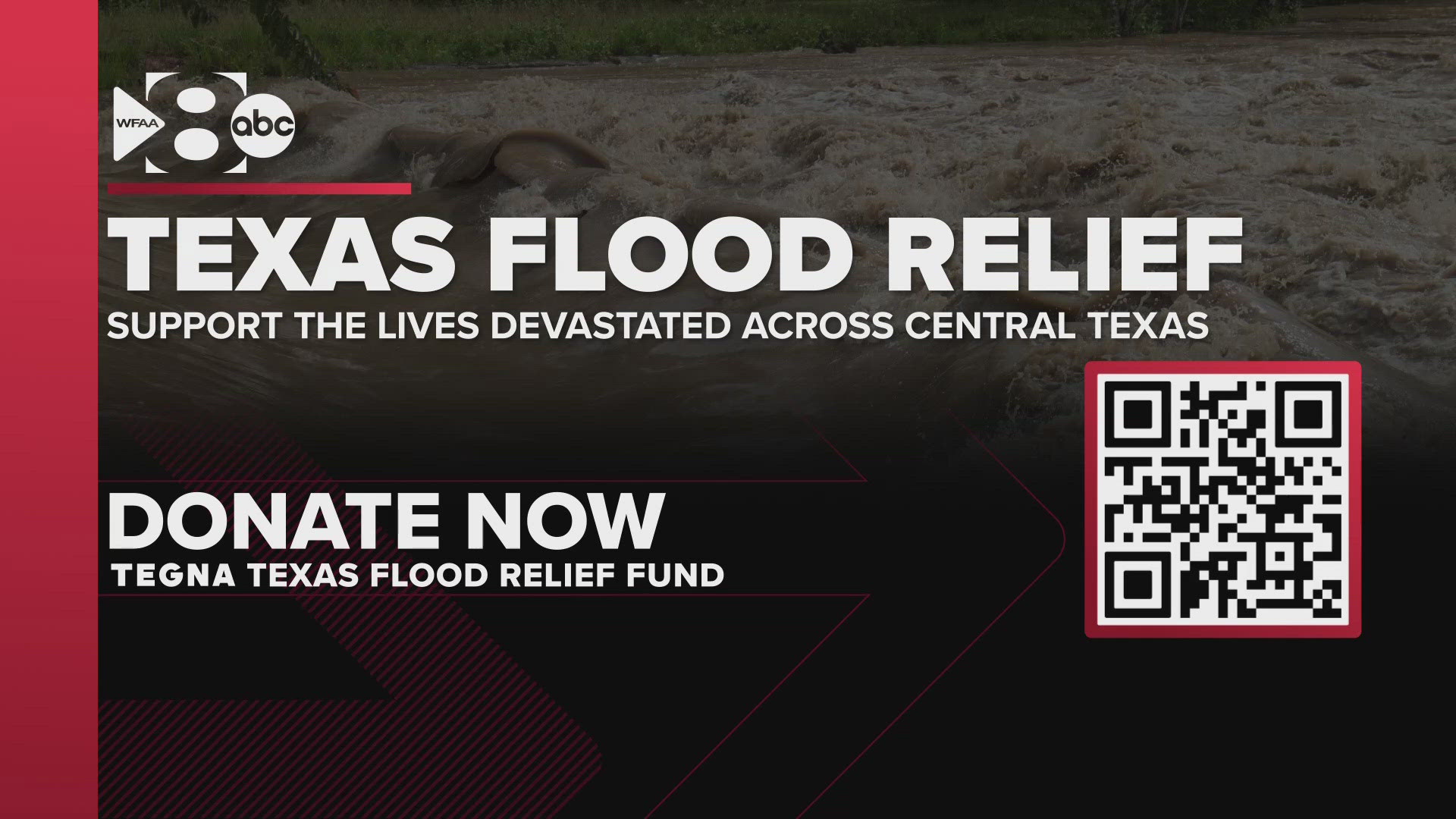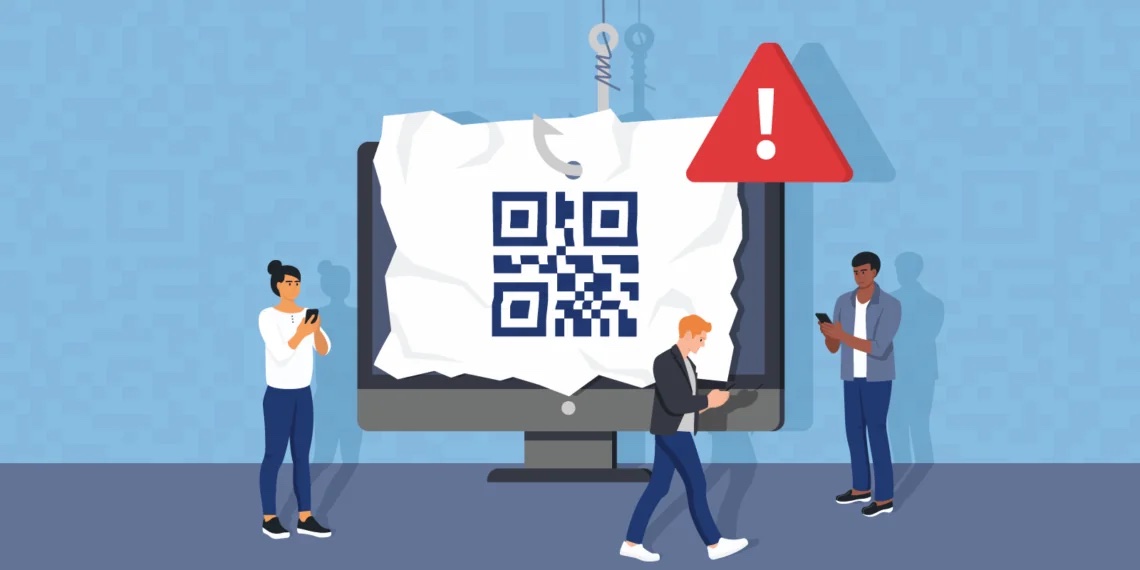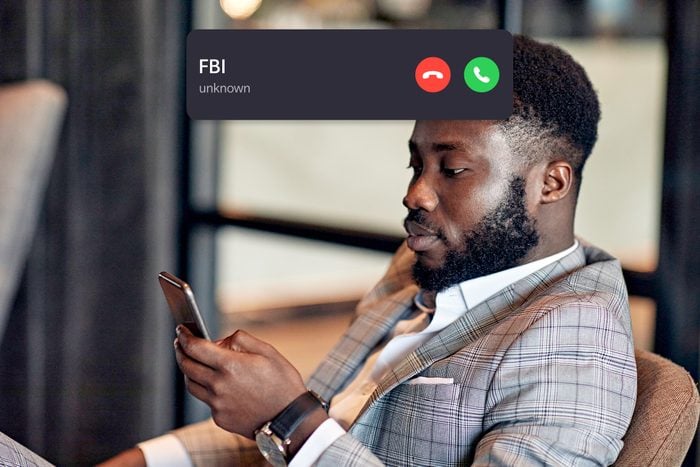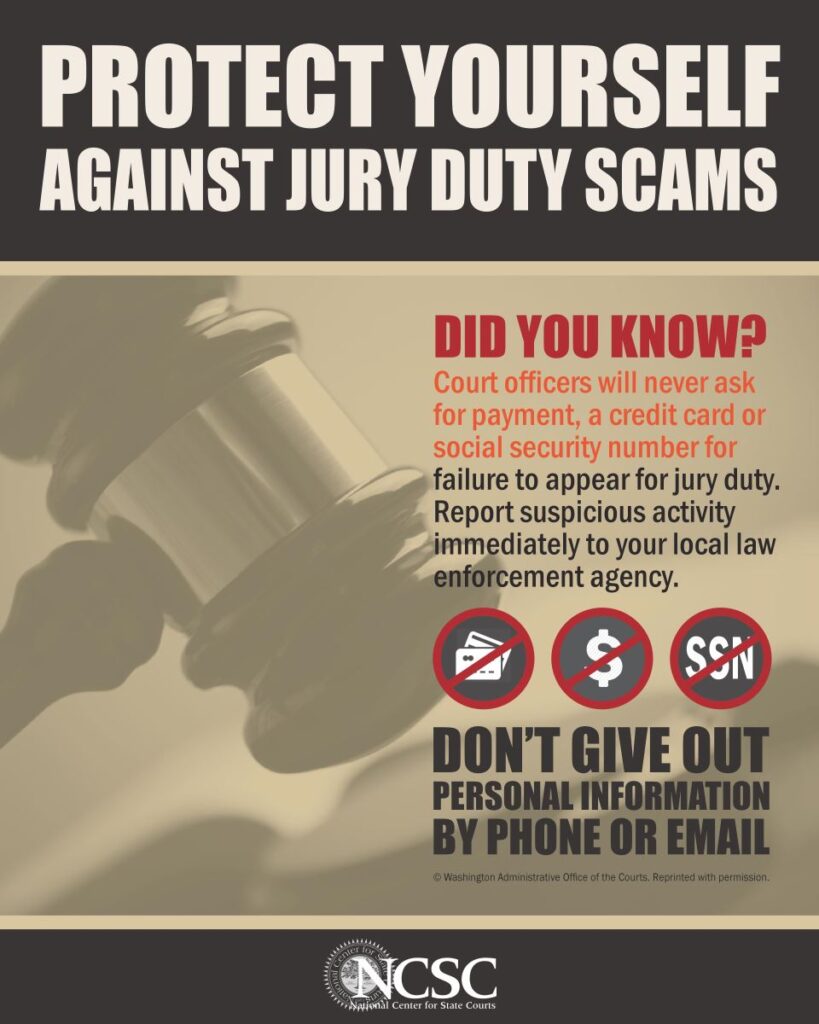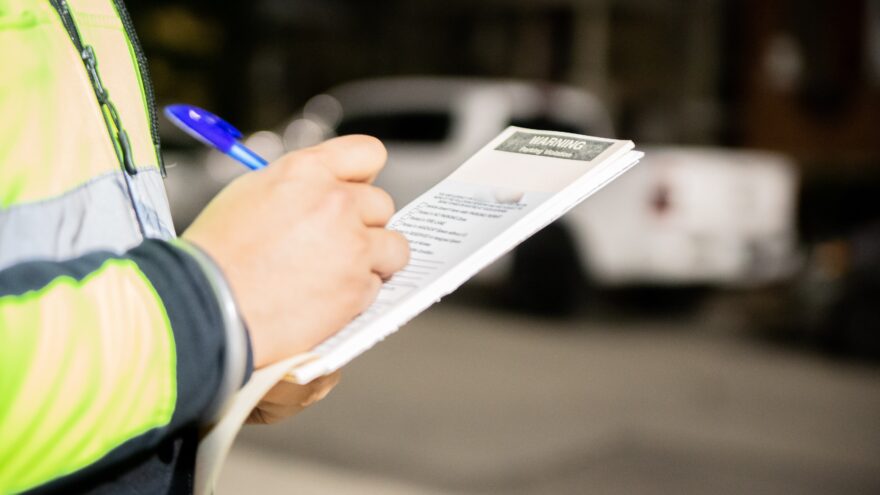In response to the devastating floods in Central Texas, many people are looking for ways to give and receive help. Unfortunately, scammers are also trying to exploit people’s goodwill. So, how can you ensure your donation goes to the right people in need and not into the hands of fraudsters?
- Donate to charities you know and trust that have a proven track record in disaster response.
Before donating, do your own research on the charity — especially if the donation request was posted on social media. Check the charity’s information on Give.org from the Better Business Bureau or Charity Watch. Make sure you understand how your donation will directly benefit those the charity is committed to helping. - Avoid donating to anyone who asks for payment in cash, gift cards, wire transfers, or cryptocurrency. These are common methods used by scammers to receive funds. If you decide to donate, paying by credit card offers better protection.
- Be cautious when donating to individuals via crowdfunding sites. Keep in mind that donations raised through a crowdfunding campaign typically go to the campaign organizer, not directly to the people or cause it’s intended to support. Review the platform’s policies — do they have measures in place to verify posts requesting disaster relief? And remember, donations made through crowdfunding platforms are not tax-deductible.
- Verify phone numbers before texting to donate. If someone asks you to donate via text, call the number listed on the charity’s official website to confirm you’re using the correct number for donations.
By taking these precautions, you can help ensure your contribution goes to those who need it most, without falling victim to fraud.

